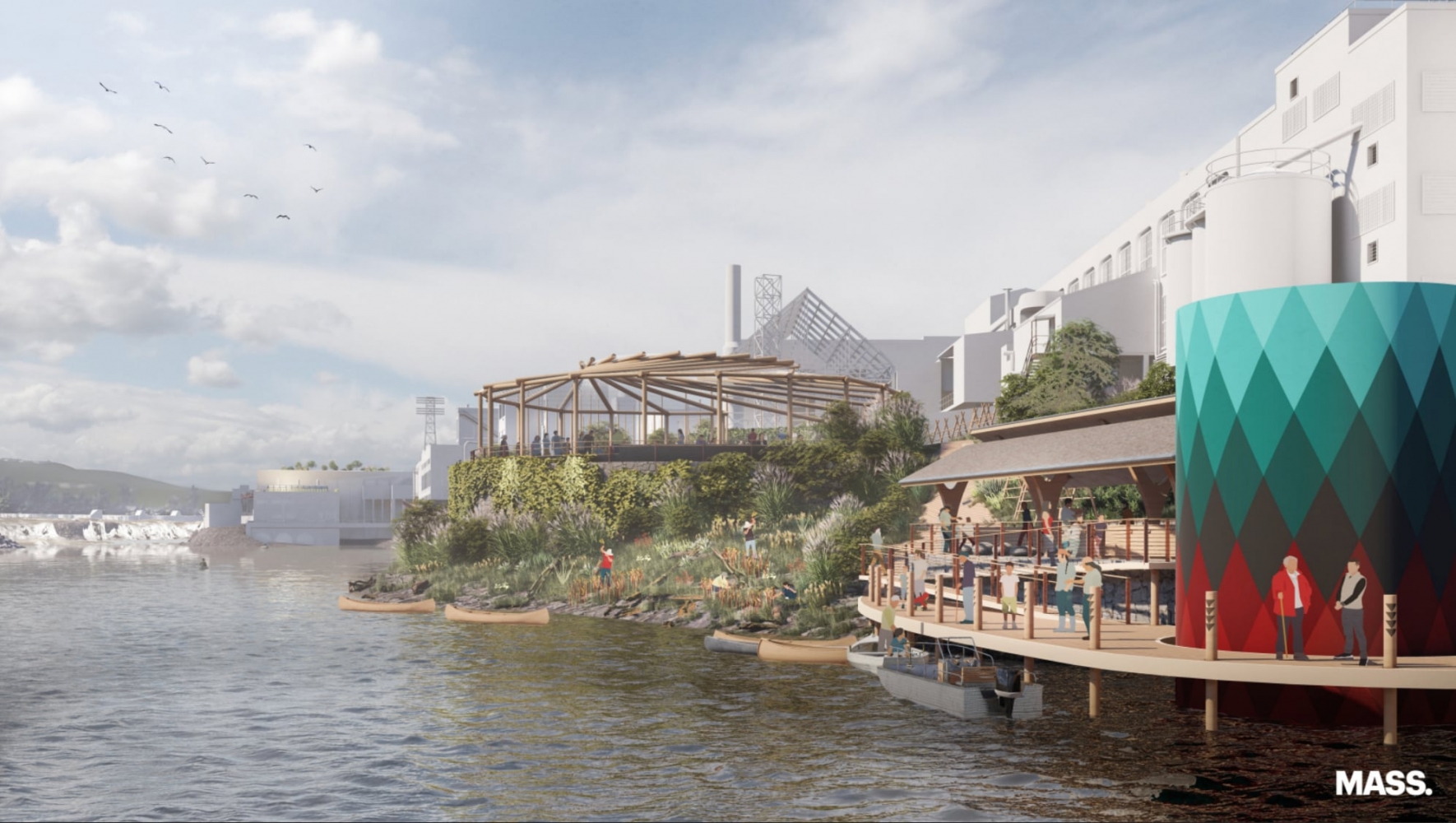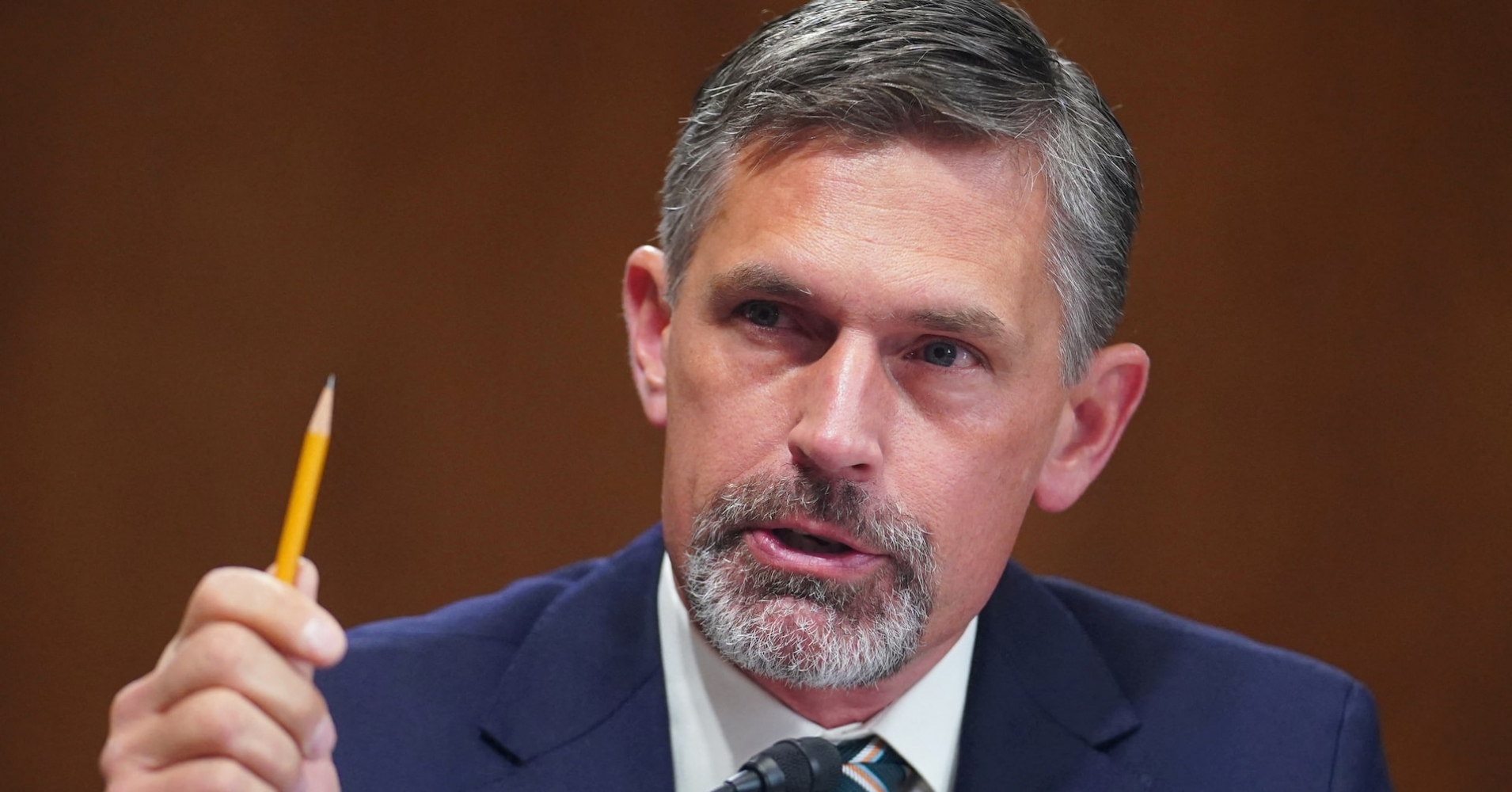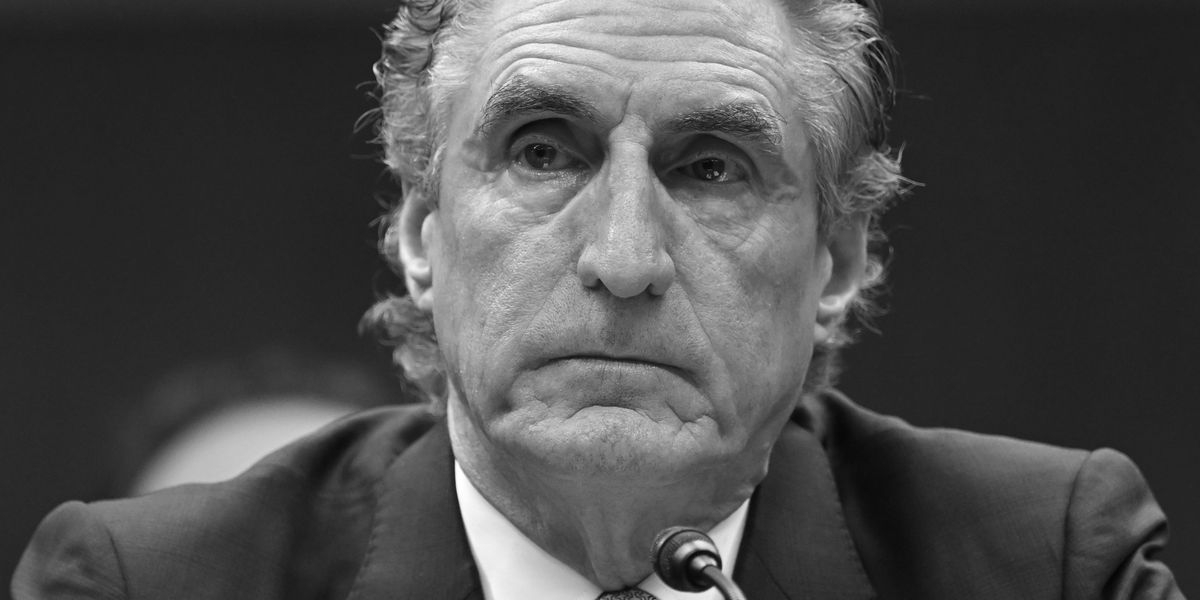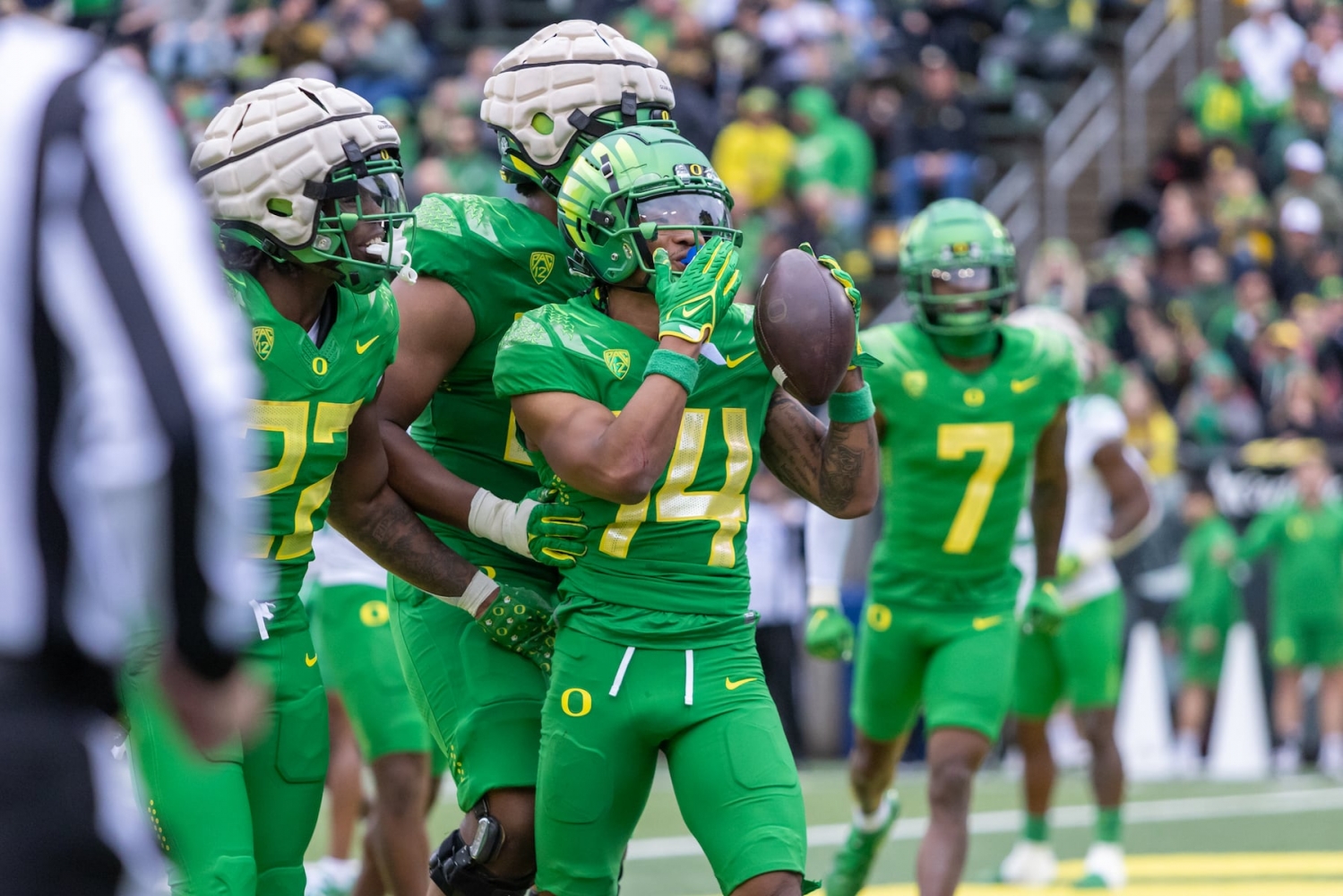

Published on: 08/01/2025
This news was posted by Oregon Today News
Description
Some tribal governments are urging Gov. Tina Kotek to support their effort to restore public access to Willamette Falls after the governor announced she is considering vetoing $45 million for the project.
Kotek’s office stated Thursday that she is considering a veto of a budget line item from the Legislature’s “Christmas Tree” bill that allocated funding for all sorts of projects and initiatives, including the Willamette Falls project.
“[Kotek] is exercising her due diligence to understand more fully the use of these dollars and wants to hear more from all interested parties,” the governor’s office wrote.
The announcement came amid an ongoing conflict among regional tribes over both the project and fishing access at Willamette Falls.
Kotek is also signaling her willingness to claw back funding from an organization helmed by her gubernatorial predecessor and fellow Democrat, Kate Brown.
Brown was named executive director of the Willamette Falls Trust last year.
“There is now a once in a century moment to restore the natural beauty of the site and open it as a spiritual, cultural and educational resource to future generations,” Brown said in a press release from the Trust. “We must take advantage of this moment.”
The trust, a coalition of four tribal governments with historic ties to the falls, announced plans for the Inter Tribal Public Access Project in 2023.
The 40-foot Willamette Falls span the river between West Linn and Oregon City. The nation’s second largest waterfall by volume, they are largely inaccessible to the general public. The falls are surrounded on both sides by massive industrial complexes, such as Portland General Electric’s TW Sullivan Hydroelectric project, and the recently shuttered Willamette Falls Paper Company.

For years, the trust worked on a project to erect a public walkway, known as the Willamette Falls Legacy Project, to the falls from downtown Oregon City. That work halted in 2021 when the Confederated Tribes of the Grand Ronde withdrew from the trust, citing frustrations with a lack of progress on the project.
With the Grand Ronde now focused on their own project to bring access to the falls from the Oregon City side of the river, the remaining members of the trust pivoted in 2023 to focus on the West Linn side of the river.

The trust envisioned the project would include “public walkways, spaces for interpretation, cultural events, community programming, viewing structures and other public amenities.”
The Legislature’s $45 million earmark in June’s Christmas Tree bill seemed the largest step toward fruition for the project — until now.
The four tribal governments making up the trust, the Confederated Tribes and Bands of the Yakama Nation, the Confederated Tribes of Siletz Indians, the Confederated Tribes of the Umatilla Indian Reservation and the Confederated Tribes of Warm Springs, all lobbied state lawmakers for public money to buy land along the West Linn side of the falls.
“The state’s investment is critical to the future of this site,” Confederated Tribes of the Siletz Indians Tribal Councilor and Willamette Falls Trust board member Robert Kentta said in a statement from the Trust. “It will guarantee that all Oregonians and visitors have access to, and enjoy the beauty, grandeur, and historical cultural importance of Willamette Falls.”
The trust hopes to acquire about 50 acres along the river, including a portion of Moore’s Island, which was formerly home to the more than century-old Willamette Falls Paper Company (previously the West Linn Paper Mill) and some of the surrounding upland area.
The Grand Ronde — which is also pitted against the other four tribes and PGE in a federal lawsuit over fishing access at the falls — asked Kotek to not grant the funds for the inter-tribal project.
“Proponents are presenting this project as returning land to Oregon’s tribal nations, however the WFT excludes CTGR, which is the Tribe of record in the area, and includes an out of state tribe,” Grand Ronde tribal council chairwoman Cheryl Kennedy wrote in a June 9 letter to Kotek.
For years, the Grand Ronde and other tribes have argued over which groups originally lived and fished at the falls.
Kennedy wrote to Kotek that the trust had “misrepresented Tribal history at Willamette Falls” in its request for funding.
On Friday, the trust expressed appreciation for Kotek’s decision to hold off on granting funds for the project.
“Any investment at this sacred site must center the rights and voices of the original Tribes and bands that called Willamette Falls home -not a nonprofit with a long track record of exclusion and unanswered questions,” the Grand Ronde said in a statement provided by communications director Sara Thompson.
The trust has pushed back on the Grand Ronde’s claims of misrepresentation of tribal history and unwillingness to work together.
Michelle Cole, a spokesperson for the trust, said the Grand Ronde was welcome to rejoin the trust and its Tribal Leadership Committee at any time.
In addition to wanting to “hear more from all interested parties” Kotek’s office said she wants to learn more about how the trust has spent previously allocated funds from the state and Metro.
Though Metro’s 2019 parks and nature bond set aside $30 million for the Legacy Project before it devolved, the trust says it never received any money from Metro or the state. Asked what the trust plans to do if Kotek ultimately decides to veto the funds, Cole said the trust remains hopeful and is in talks with the governor’s office.
Other Related News
08/02/2025
Dear Eric When my wife and I updated our wills she designated a diamond tennis bracelet an...
08/02/2025
DEAR ABBY I made a terrible mistake moving 2000 miles across the country to be closer to m...
08/02/2025
Four Democratic US senators on Friday slammed last months directive by Interior Secretary ...
08/02/2025
The department creates a seemingly impossible new permitting criteria for renewable energy
08/02/2025












